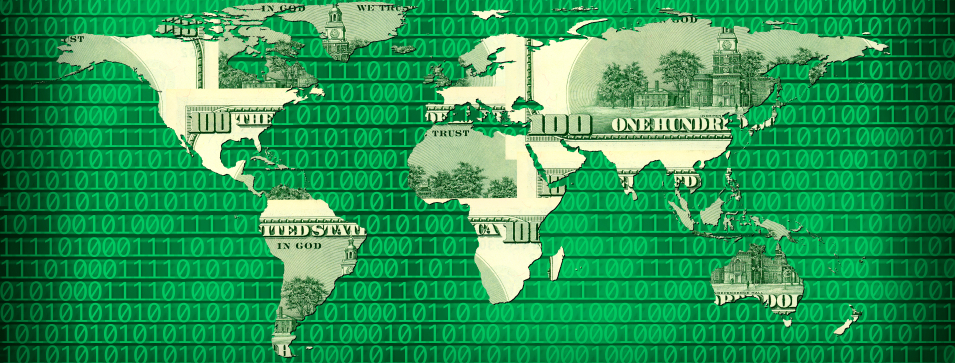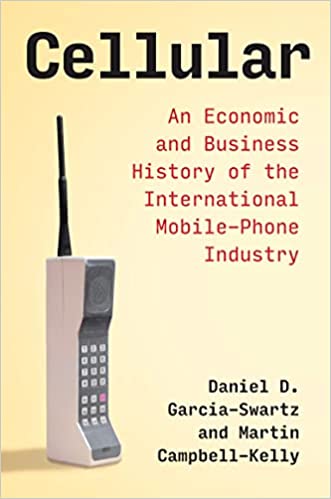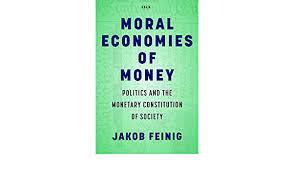In case you missed it, this podcasts by the Colin McEnrow show (NPR Connecticut) speaks about the perils of a cashless society. At the end it talks about ATM with a certain weirdo who wrote their technical history
https://overcast.fm/+BKm3UBjrQ
From the show notes
It’s becoming easier every day to pay for things without cash. You can pay with your credit card, your phone, an app, or even your palm. So how does the move away from cash change how we think about our money? This hour, we look at our changing attitudes towards money, and what we gain and lose as we use less cash. Plus, we’ll look at the history and future of ATMs.
GUESTS:
- Jay Zagorsky: Clinical Associate Professor of Markets, Public Policy, and Law at the Boston University Questrom School of Business
- Ursula Dalinghaus: Cultural anthropologist who specializes in economic anthropology and the anthropology of money. She is currently an Assistant Professor of Anthropology in the Department of Sociology and Anthropology at Ripon College
- Bernardo Batiz-Lazo: Professor in the Newcastle Business School at Northumbria University









